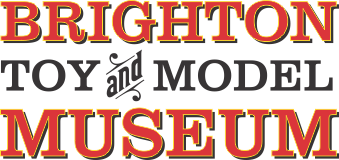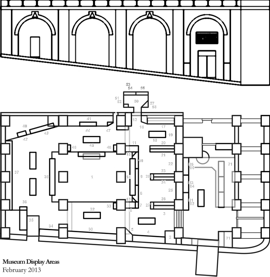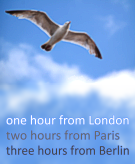Category:MakerSpaces
A HackSpace or MakerSpace is a shared workshop used by members for constructing their own personal projects.
These spaces allow individuals who may not have their own workspaces, or space for large tools such as lathes, to have access to expensive and/or bulky tools that would otherwise be uavailable to them. It also allows enthusiasts to share information and acquired knowledge, face-to-face, both with each other and with newcombers ("newbies"). Even when members have their own machines at home, access to a support network that can help with advice and problem-solving can be very valuable, especially when dealing with emerging technologies, where information is constantly changing and documentation may be sparse.
MakerSpaces often have an emphasis on providing access to new technology, which can be important in allowing individuals to gain experience and general knowledge regarding these technologies. Hackspaces are recognised by the government as being an important social resource, that allows individuals and potential business founders to familiarise themselves with the new opportunities provided by these technologies – they are considered an important aid to technological innovation and to the democratisation of access to hands-on experience that might otherwise be difficult to achieve outside a university environment.
Technologies
As well as bulky traditional machine shop tools such as drill-stations and lathes, hackspaces often have or aspire to have:
- laser-cutters
- CNC computer-controlled milling machines
- 3D printers
Laser-cutting
Laser-cutters with fifty to sixty Watts of power, capapble of cutting 4mm acylic and plywood, typically still cost thousands of pounds – this is more than an individual is likely to be able to afford for occasional use or a "one-off" project. Even if the purchase is worthwhile (e.g. for someone hoping to start a craft business selling laser-cut objects), the person may not be able to judge if their business idea is viable until they have personal experience of the laser-cutting process.
Alternatively, they may have an idea for a product, but need to get a prototype laser-cut before they can evaluate their idea (and raise funds). Most laser-cutters also also generate smoke and fumes that require a proper air-extraction system, which might not be practical for someone who, for instance, lives in a block of flats.
3D printing
"Fused-deposition" 3D printers, which work by laying down layers of melted plastic filament, were largely developed and improved by a user community that would design improved parts for their printers, print out the parts themselves, and then share their improved designs with the rest of the community. While a great deal of this community-based development happened online, it was also encouraged by the existence of MakerSpaces where 3D printing enthusiasts could discuss problems and share (and demonstrate) solutions. Although the prices and reliabilities of filament printers has now improved so much that they have become more "mainstream", reducing the need for MakerSpaces for technical support, these improvements were partly driven by the Makerspace community ethos.
Access
Access to these spaces is usually organised using a "club membership" model, and members are expected to either already be proficient and/or to be trained on the proper use of the equipment before they are allowed to use it.
MakerSpaces in Brighton
- The main Brighton MakerSpace is BuildBrighton, accessable via the back entrance of Rodhus, Freehold Terrace, BN2 4AB.
- More specifically for modelmaking, Dice Saloon is a community space that caters for "fantasy gamers". Since model figures and fantasy vehicles and landscapes play a large part in this genre, the Saloon aims to be a community resource for sharing information and techniques for painting and finishing models.


